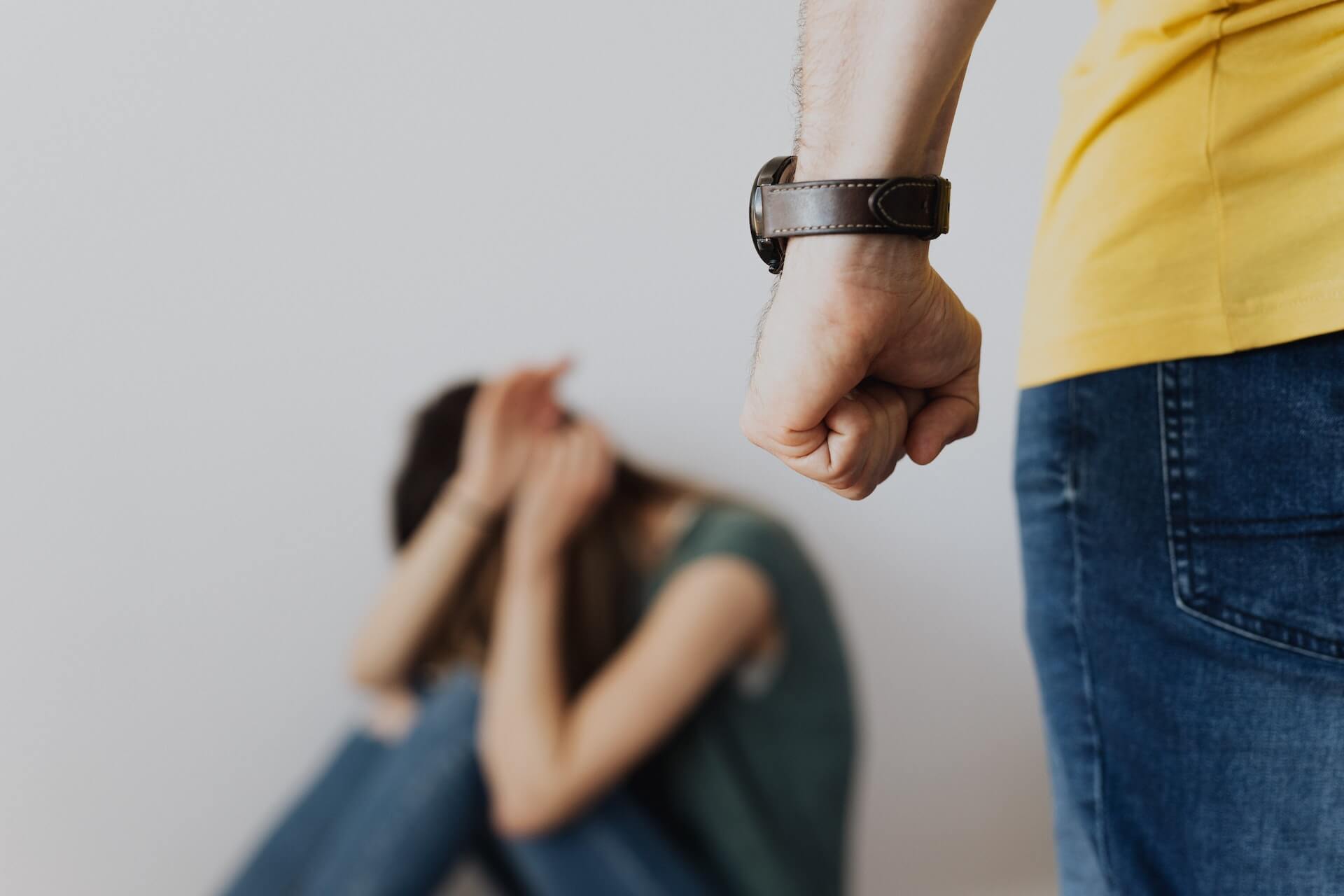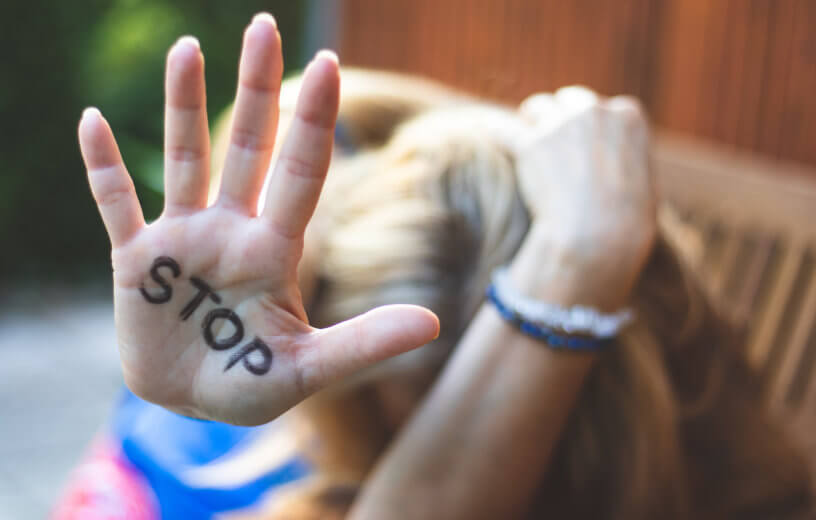LONDON — Victims of rape can genuinely become “frozen” with fear, new research explains. Experts in the United Kingdom suggest that neuroscientific evidence should be presented to juries during sexual assault trials. Psychologists argue that women are often unfairly blamed for not fighting back or escaping their attackers.
“The law has long recognized ‘loss of control’ defenses and can accord diminished responsibility in specific situations, in which evidence shows that actions were made outside of voluntary control. This can include some medical conditions, such as sleep disorders, alongside extreme situations such as coercive control and emotional triggering,” says corresponding author Professor Patrick Haggard from University College London.
“After reviewing neuroscientific evidence, we suggest that the same consideration should be made towards involuntary immobility during rape and sexual assault,” Prof. Haggard continues in a university release. “We hope that this could help prevent inappropriate victim blaming and potentially draw wider societal attention to the crucial importance of active consent.”
The study referenced case reports — two from Australia and one from the United States — in which defense attorneys and judges inaccurately portrayed immobility during rape incidents. The absence of struggle shifted blame onto the victims, but it was fear and threat that caused the three victims to freeze, according to the UCL researchers.
Current estimates suggest that three in 10 women experience sexual assault or rape in their lifetime. Among those who visit a hospital post-assault, 70 percent report being “frozen,” unable to move or cry out.
Scroll down to read: What can a sexual assault victim do after the attack?

Immobility may be entirely involuntary, in which case blaming the victim is inappropriate. Experiments have shown that when faced with threats, the brain can block the neural circuits controlling voluntary body movement. Many animals freeze momentarily when mildly threatened, readying themselves for a fight or flight response. However, when faced with an immediate and severe threat, the behavior may shift to prolonged immobility, during which the body becomes either entirely frozen or limp.
Similar responses have been observed in humans. Surveys reveal that victims of sexual assault often report being unable to move or scream during the assault, even when they’re not physically restrained. The defense sometimes misinterprets the lack of struggle as an indication of consent. This is a false assumption if the victim is involuntarily immobile.
“Legal definitions of rape and sexual assault are based on the absence of consent. However, it is not unusual for victims’ reports of non-consent to be questioned in court – against un-evidenced stereotypes of how a ‘real’ victim would allegedly behave,” says study co-author Ebani Dhawan, a former UCL undergraduate.
“For example, perpetrators may claim that they assumed the victim was consenting due to absence of any clear attempt to resist. We should use neuroscientific findings to prevent these myths being peddled as a defense argument for sexual violence, and to ensure justice for victims.”
Rape and sexual assault have catastrophic consequences for individuals and society. Rapes and other forms of sexual assault occur every 68 seconds in the United States, with incidents rising from 93,000 in 2006 to nearly 140,000 in 2019, according to data from the U.S. Federal Bureau of Investigation.
Rape and sexual assault are behaviors that cannot be directly studied. Animal studies provide limited insight into how immobility in response to threat might impact human voluntary action control. The researchers hope that their study, published in the journal Nature Human Behaviour, will lead to future research into this overlooked area of the criminal justice system.
What can a sexual assault victim do to get help after the attack?
If you are a victim of sexual assault, it’s important to remember that you’re not alone, and it’s not your fault. Here is a list of recommendations that can help victims following an attack:
- Ensure safety: First and foremost, get to a safe place as soon as possible. If you are still in immediate danger, call your local emergency number.
- Report the crime to police: You have the right to have a support person with you while you report. Make sure to provide as much detail as possible.
- Preserve evidence: When reporting the assault to the police, it’s essential to preserve physical evidence of the incident. You can still report the crime without physical evidence, but it can be helpful in the prosecution process.
- Seek medical attention: Go to a hospital, doctor, or a specialized sexual assault service for a medical examination and to treat any possible injuries. Health care providers can also address concerns about pregnancy and sexually transmitted infections. If possible, request a forensic or “rape kit” examination to collect evidence.
- Reach out for support: Along with calling trusted friends and family members for help, there are hotlines such as the National Sexual Assault Hotline in the United States (1-800-656-HOPE).
South West News Service writer Mark Waghorn contributed to this report.


Recent Brooke Shields documentary discusses this, as she described having “froze” when being assaulted. There may be an evolutionary component where this behavior would have been passed along genetically in cave man days for obvious reasons. NOT blaming victims here, just stating an uncomfortable hypothesis.